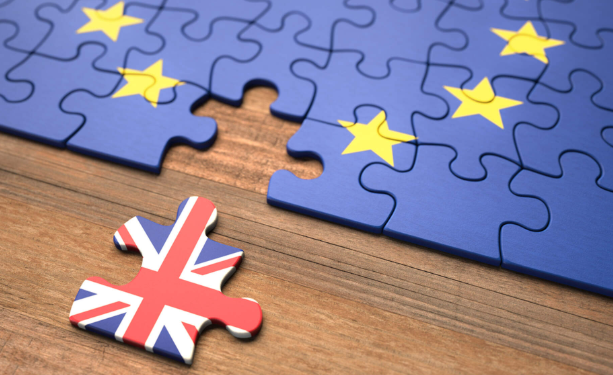Syllabus Edition
First teaching 2025
First exams 2027
Exchange Rates (Cambridge (CIE) IGCSE Business): Revision Note
Exam code: 0450, 0986 & 0264, 0774
Defining exchange rates
The exchange rate is the value of one currency expressed in terms of another
For example, in August 2025, $1 was worth £0.75
Exchange rates are an important economic influence for businesses that import raw materials and components and for businesses that export their products
Exchange rates fluctuate for a range of reasons, including
Changing demand for a currency
Economic growth
Changes to interest rates
Exchange rate appreciation and depreciation
The value of a currency changes over time
These changes can have a significant impact on business costs and overseas sales revenue
Appreciation
Currency appreciation is when the value of one country’s currency increases compared to another currency
When global demand for a currency rises, it appreciates
This means that the value of a currency rises
For example, $1 = £0.75 goes to $1 = £0.80
This appreciation makes exports from the UK relatively more expensive for US customers
Americans buying goods from the UK now have to pay more in dollars than they did previously
Imports from the US become less expensive for UK customers
Depreciation
Currency depreciation is when the value of one country’s currency decreases compared to another currency
When global demand for a currency falls, it depreciates
This means that the value of a currency falls
For example, $1 = £0.75 goes to $1 = £0.60
This depreciation makes exports from the UK relatively more attractive to US customers
Americans buying goods from the UK now pay less in dollars than they did previously
Imports from the US become more expensive for UK customers
Changing currency values can have a big impact on the business costs and sales revenue of MNCs
Case Study
How UK Exporters Benefited From a Weak Pound
In 2016, after the UK voted to leave the European Union, the value of the British pound depreciated against other currencies

When the pound became weaker, UK products became cheaper for customers in other countries
As a result, many UK businesses that sell products abroad saw an increase in sales
For example, UK car and machinery manufacturers sold more goods to Europe and Asia because they were now better value for money
The effects of exchange rate change on businesses
When a currency appreciates, it affects the price of exports and imports differently compared to when a currency depreciates
The impact of exchange rate change on exporting and importing businesses
Change to currency value | Impact on exporting businesses | Impact on importing businesses |
|---|---|---|
Appreciation |
|
|
Depreciation |
|
|
Examiner Tips and Tricks
A common error is to say a “strong currency is always good.” Not true. An appreciating exchange rate makes imports cheaper but exports less competitive. Always link the effect to whether the business mainly imports or exports before making a judgement

Unlock more, it's free!
Was this revision note helpful?
